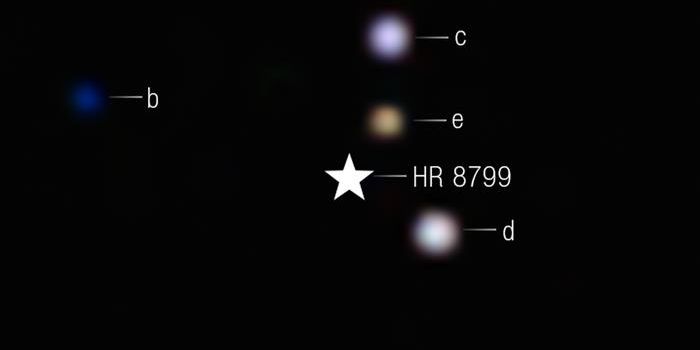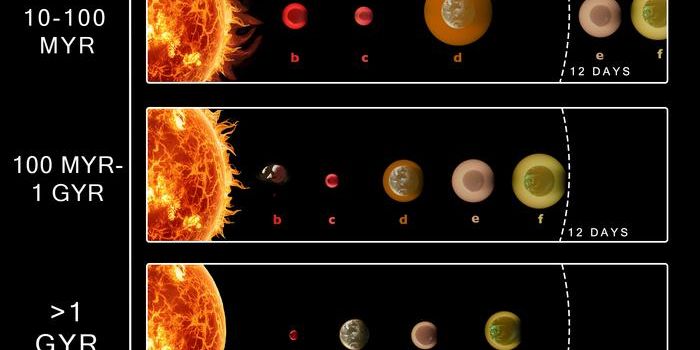An Infinitely Recyclable Plastic
Plastic pollution is one of the most pressing environmental issues we face. The chief problem with many plastics is that they take a very long time to break down—some plastics can take hundreds of years to decompose. In the meantime, they simply linger: in landfills, in oceans, and in other vital ecosystems, disrupting plant and animal life. Because plastic can take so long to decompose, the search for new materials for packaging are constantly ongoing. For example, researchers have turned to renewable oils to create plastics, instead of petroleum.
Part of the reason some plastics can take so much time to decompose is because they are often made of multiple layers. This is especially true of single-use plastics, such as wrappers, straws, or food packaging.
More specifically, polyethylene materials are the key problem when it comes to designing single-use plastics. Polyethylene is one of the most widely used materials for single-use plastic packaging, mostly because it’s cheap and relatively strong as a packaging material. However, a single sheet of polyethylene doesn’t do much to block oxygen from passing through it, which can pose problems for packaging used for foods (especially fresh foods). As a result, the prominent approach is to layer polyethylene to reduce oxygen permeability. The result, however, is a dense plastic material that doesn’t decompose very well.
A collaboration between researchers at Braskem America, the University of Illinois at Urbana Champaign, and Princeton University, along with a grant from the U.S. Department of Energy, is attempting to design a plastic that can be recycled in infinitum, creating the potential for a more eco-friendly packaging material that can reduce the pollutive impact of single-use plastic.
Specifically, researchers are hoping to address the limitations in polyethylene. Their goal is to design a material that can improve oxygen barriers and reduce the need for packaging materials made from multiple layers of polyethylene.
Researchers will also make use of a bio-polyethylene platform designed at Braskem America, called “I’m Green!,” which uses ethanol sugarcane to create renewable materials. “I’m Green!” may offer a more renewable form of polyethylene compared to existing materials and make a plastic that is constantly recyclable.
Sources: EurekaAlert!; Braskem; Nature








